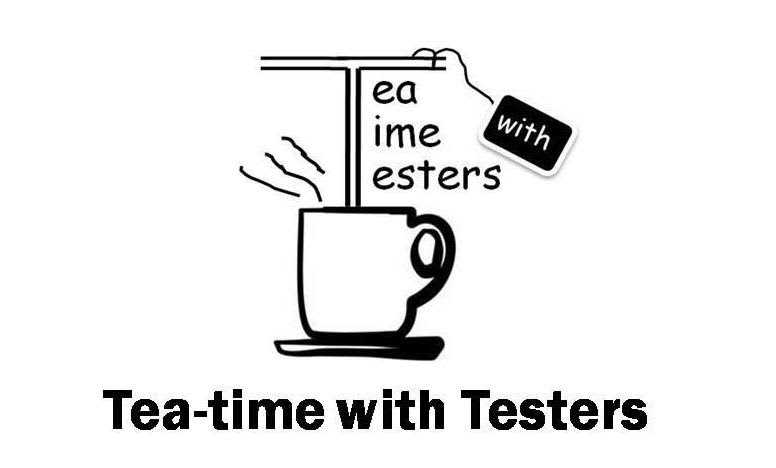In the last three months, I have been interviewing multiple QA Leads and Managers about whether it is necessary to have a tech degree to have a successful QA career.
The reason behind my question was the fact that I have changed my career to tech in my 30s from being a lawyer. I did a coding Bootcamp and then easily found a job as a front-end developer/QA. I found out that I like the QA profession better so have been following that path for now. But since there are other people who might want to change their career to tech as well here are the results of my QA interviews:
Attitude is more than education
All of the interviewed QA Leads/Managers agreed that QA candidates’ attitude towards the job is much more important than having a tech education. However, this might be slightly different based on the country. For example, in Canada, you might need to have a tech degree to get a QA job. The reason behind it is the fact that QAs in Canada are more of QE – quality engineers expected to be able to program as well. In contrast, in Europe, it is rather easy to get a QA job even if you don’t have a tech degree. The reason behind it is the lack of skilled people in Europe (now mainly due to Covid and limited immigration programs) and the vast amount of available work.
Technical skills can be learned
Yes, everybody agreed that technical skills can be learned. People just need to be willing to learn new things. That means, if you say at the interview for a QA position that you don’t like learning or feel like you have learned everything yet, you will probably not get the job. You will need to have some aptitude for tech as well as curiosity. Being curious will help you in your QA (and really any other) career immensely
Interviewers can tell whether you will be able to learn technical skills.
Most interviewers will test your technical skills. This can include a hypothetical question about how to test apps you use daily or actual software testing. Either way, the interviewer wants to know your thought process more than whether you can solve a certain problem. It helps if you practice this skill in advance so that you are not surprised.
Interviewers can tell whether you will be able to learn technical skills
Most interviewers will test your technical skills. This can include a hypothetical question about how to test apps you use daily or actual software testing. Either way, the interviewer wants to know your thought process more than whether you can solve a certain problem. It helps if you practice this skill in advance so that you are not surprised.
No need for software testing certification
Most interviewers agreed that having a software testing certification does not make you a great software tester. However, having a professional certification for example can show your determination to become a QA. It was also interesting to read that QA Leads/Managers who came from rather conservative countries recommended getting a certification. On the other hand, QA Leads/Managers from less conservative countries or with more of an open-minded background (for example psychology) believed certifications are rather useless.
Things not to say at the interview
Last, but not least, it was interesting to find out what the QA Leads/Managers thought as a no-no at an interview. As expected, they did not like when candidates were cocky and felt that they do not need to learn anything new. Some of the QA Leads/Managers were also of the opinion that not asking questions at an interview or thinking of software testing only as a tech entry job made a bad impression on them.
In conclusion, it was great to find out that a tech degree is not necessary for entering the tech industry as a QA Engineer/Software Tester. It is much more important to love learning new things and be curious than having diplomas and certifications. And that is great news for people changing careers in their 30s to tech.

Helena H.
Helena is a lawyer and fire acrobatic performer turned QA who enjoys learning new things. She also loves helping other people to achieve their dreams through her blog youintechnology.com.

